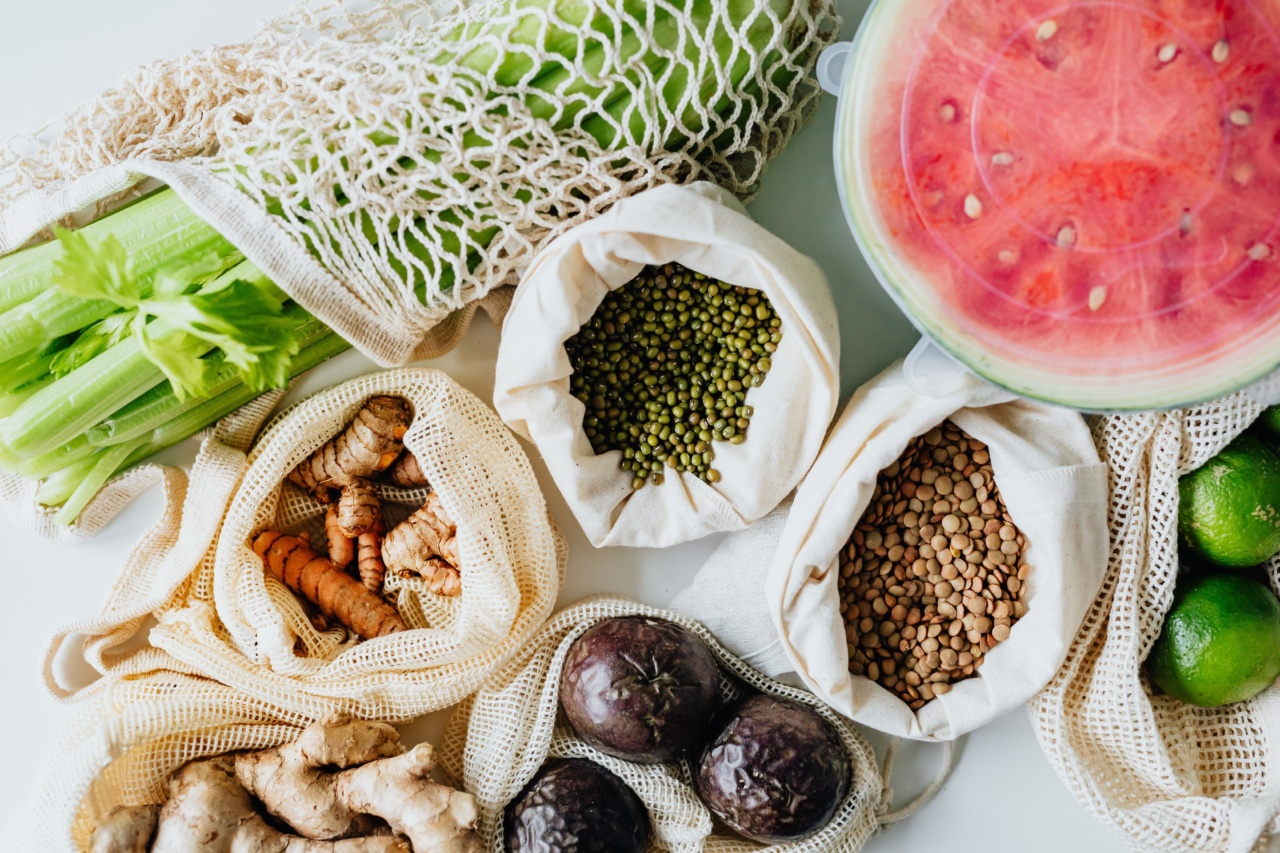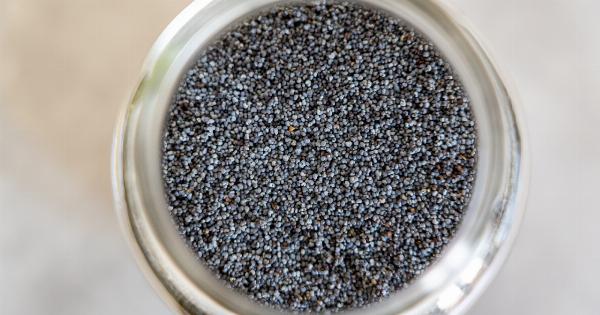Seeds are tiny powerhouses of nutrition. Packed with essential minerals, vitamins, and antioxidants, incorporating seeds into your diet can offer numerous health benefits.
From promoting heart health to improving digestion, seeds are a versatile and nutritious addition to any meal plan. Here, we have compiled a list of the top 10 healthiest seeds that you should consider including in your diet:.
1. Chia Seeds
Chia seeds are famous for their high omega-3 fatty acid content. These tiny seeds are also an excellent source of fiber, protein, calcium, and antioxidants. Consuming chia seeds can help improve digestion, enhance satiety, and even aid in weight loss.
These seeds can be added to smoothies, yogurt, or used as an egg substitute in vegan baking.
2. Flaxseeds
Flaxseeds are one of the richest plant sources of omega-3 fatty acids. These small brown or golden seeds are also high in fiber, lignans, which are beneficial for hormonal balance, and antioxidants.
Flaxseeds have been linked to improving cardiovascular health, reducing cholesterol levels, and relieving constipation. Grinding the seeds before consumption can enhance nutrient absorption.
3. Pumpkin Seeds
Pumpkin seeds, also known as pepitas, are a delicious and nutritious snack. These seeds are packed with magnesium, iron, zinc, and protein.
The high antioxidant content of pumpkin seeds can promote heart health, reduce inflammation, and support prostate health in men. Enjoy them raw, roasted, or sprinkle them on top of salads or soups.
4. Sunflower Seeds
Sunflower seeds are not only a great source of healthy fats but also provide essential minerals like magnesium, selenium, and vitamin E. These seeds may help reduce inflammation, support thyroid function, and enhance skin health.
Enjoy them as a snack or incorporate them into your baking or cooking for an added crunch and nutty flavor.
5. Sesame Seeds
Sesame seeds are loaded with essential nutrients like copper, calcium, magnesium, and iron. They are also a good source of healthy fats and antioxidants.
Including sesame seeds in your diet can help lower blood pressure, improve bone health, and support hormone balance. Sprinkle sesame seeds on stir-fries, salads, or use tahini (sesame seed paste) to make dressings or sauces.
6. Hemp Seeds
Hemp seeds are an excellent plant-based source of protein, providing all the essential amino acids. They are also rich in omega-3 fatty acids, fiber, and minerals like magnesium and potassium.
Incorporating hemp seeds into your diet may aid in muscle recovery, support brain health, and boost the immune system. Add a spoonful of hemp seeds to smoothies, sprinkle them on salads, or use hemp seed oil in cooking.
7. Pomegranate Seeds
Pomegranate seeds, also known as arils, are not only delicious but also packed with antioxidants, vitamins, and minerals. These bright red seeds are a rich source of vitamin C, potassium, and fiber.
Eating pomegranate seeds may improve heart health, support digestion, and provide anti-inflammatory benefits. Enjoy them as a snack, sprinkle them on salads, or use them to garnish desserts.
8. Quinoa
Although commonly mistaken for a grain, quinoa is technically a seed. It is a complete protein source, containing all the essential amino acids, making it an excellent choice for vegetarians and vegans.
Quinoa is also high in fiber, iron, magnesium, and antioxidants. Incorporating quinoa into your diet can help regulate blood sugar levels, support weight loss, and improve digestive health. Use quinoa in salads, substitute it for rice, or enjoy it as a side dish.
9. Poppy Seeds
Poppy seeds are not only used in baking but also offer numerous health benefits. These tiny seeds are a good source of calcium, iron, and fiber. They also contain essential fatty acids like omega-6 and omega-9.
Including poppy seeds in your diet may promote bone health, support brain function, and improve digestion. Sprinkle poppy seeds on bread, muffins, or use them in salad dressings.
10. Amaranth Seeds
Amaranth seeds have been cultivated for thousands of years and are highly nutritious. They are rich in protein, fiber, manganese, and antioxidants.
Consuming amaranth seeds may help lower cholesterol levels, support bone health, and enhance the immune system. Cook amaranth seeds just like rice or quinoa, add them to soups, or use them in baking for a nutritious twist.






























